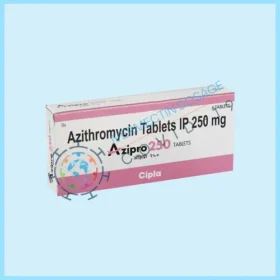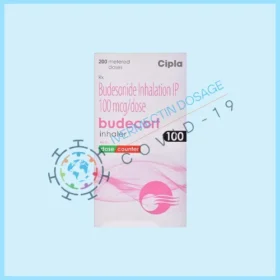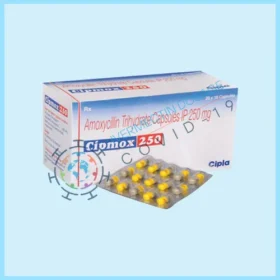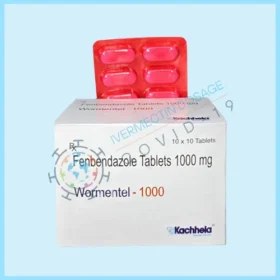- Your cart is empty
- Continue Shopping
- 1
- 2
Understanding COVID-19: What You Need to Know
COVID-19 (Coronavirus Disease 2019) is an infectious disease caused by the SARS-CoV-2 virus. It was first identified in December 2019 in Wuhan, China, and quickly spread worldwide, leading to a global pandemic declared by the World Health Organization (WHO) in March 2020.
COVID-19 primarily affects the respiratory system but can also impact other parts of the body. It spreads mainly through respiratory droplets when an infected person coughs, sneezes, talks, or breathes near others.
Symptoms of COVID-19
The symptoms of COVID-19 can vary from mild to severe, and some people may remain asymptomatic (show no symptoms). Common symptoms include:
-
Fever or chills
-
Cough
-
Shortness of breath
-
Fatigue
-
Loss of taste or smell
-
Sore throat
-
Muscle or body aches
-
Headache
-
Congestion or runny nose
-
Nausea, vomiting, or diarrhea
Severe cases may lead to pneumonia, acute respiratory distress, organ failure, or death, especially in older adults or those with underlying health conditions.
How COVID-19 Spreads
COVID-19 spreads mainly through:
-
Person-to-person contact
-
Airborne particles in enclosed spaces
-
Contaminated surfaces, though this is less common
Infectiousness can begin before symptoms appear, which is why early testing and isolation are crucial.
Prevention Measures
To protect yourself and others from COVID-19, follow these guidelines:
-
Vaccination
-
COVID-19 vaccines are highly effective in preventing severe illness and death. Booster doses are recommended for ongoing protection.
-
-
Wear a Mask
-
Especially in crowded or indoor settings.
-
-
Maintain Physical Distance
-
Keep at least 6 feet (2 meters) apart from others in public places.
-
-
Hand Hygiene
-
Wash hands frequently with soap and water for 20 seconds or use hand sanitizer.
-
-
Avoid Crowded and Poorly Ventilated Spaces
-
Ensure good airflow in indoor settings.
-
-
Self-Isolation and Testing
-
If you feel unwell or have been exposed, stay home and get tested.
-
Treatment Options
There is no specific cure for COVID-19, but several treatments help manage symptoms or reduce the severity of the disease:
-
Antiviral medications like remdesivir
-
Anti-inflammatory drugs (e.g., dexamethasone)
-
Monoclonal antibody therapy (less common in newer variants)
-
Supportive care, including oxygen therapy for severe cases
Most mild cases can be treated at home with rest, hydration, and over-the-counter medications to reduce fever and discomfort.
Long-Term Effects (Long COVID)
Some people experience symptoms for weeks or months after recovering. Known as Long COVID, this can include fatigue, brain fog, chest pain, and difficulty concentrating. Ongoing research is being done to better understand and manage these lasting effects.
The Ongoing Impact
COVID-19 has affected nearly every aspect of life—healthcare systems, economies, education, and mental health. While vaccination and better treatments have reduced death rates, new variants continue to emerge, making vigilance and public health efforts essential.
Conclusion
COVID-19 remains a global health concern. While much progress has been made in terms of prevention and treatment, it’s important to stay informed, practice caution, and prioritize health and safety—for yourself and your community.














